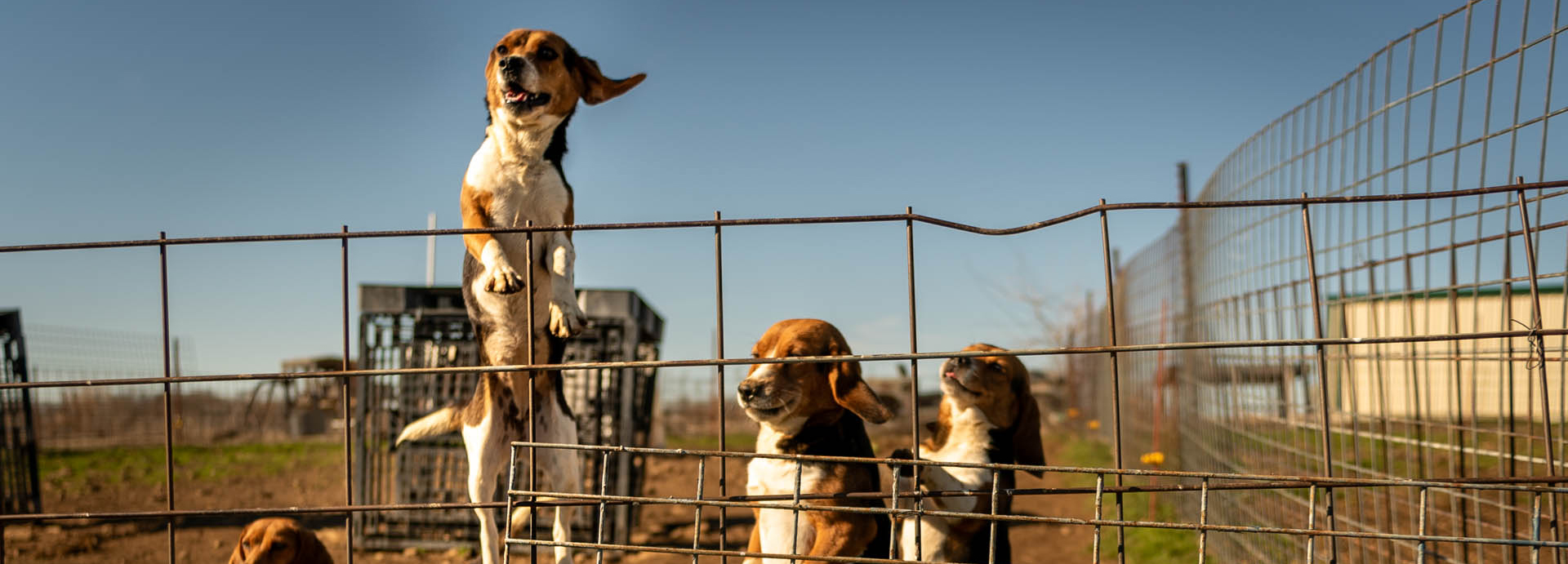An organization committed to ethical scientific research has awarded a grant to the Beagle Freedom Project to support the rehabilitation of more than 200 dogs and cats rescued in Oklahoma.
The National Anti-Vivisection Society (NAVS) has awarded a $25,000 grant to the Beagle Freedom project to support medical care for more than 200 dogs and cats rescued from an animal testing facility.
The Beagle Freedom Project recently reported the closure of an animal testing facility in Nowata, Oklahoma, marking a significant milestone in the reduction of flea and tick testing and the cessation of years of inhumane research.
The Beagle Freedom Project is transforming the 30-acre property and facilities, formerly used for animal testing and captivity, into a rescue, rehabilitation, and adoption center named Freedom Fields.
NAVS is pleased to support the Beagle Freedom Project in this significant laboratory closure and extensive rescue operation. Kim Ayala, NAVS Senior Manager of Operations, highlighted the essential support provided to rescue groups and sanctuaries such as BFP, which rescue, rehome, and offer lifelong care to animals saved from experimentation. “The victory highlights the exceptional work of BFP. The grant aims to support the organization in offering critical medical assistance to the rescued survivors as they embark on their journey to recovery and freedom.”
In November 2022, BFP secured funding from NAVS to acquire a mobile unit for nationwide rescue operations. The RV traveled to Tulsa, Oklahoma, in December 2023 to rescue dogs from a research facility.
“Currently, more than 200 dogs and cats have been liberated as BFP initiates the transformation of this previous laboratory into Freedom Fields,” stated Shannon Keith, President and Founder of the Beagle Freedom Project. The assistance of NAVS was crucial in securing a rescue vehicle to transport the animals to safety and providing urgent medical care for them.
In 2021, over 62,000 dogs and cats were utilized in experiments in the United States, according to the most recent data from the Animal & Plant Health Inspection Service. Approximately 29% of the dogs and cats were involved in experiments that induced pain or stress. Animals used in research and not euthanized may require extensive medical care and rehabilitation before being adopted.
Original Source: City News Tulsa

